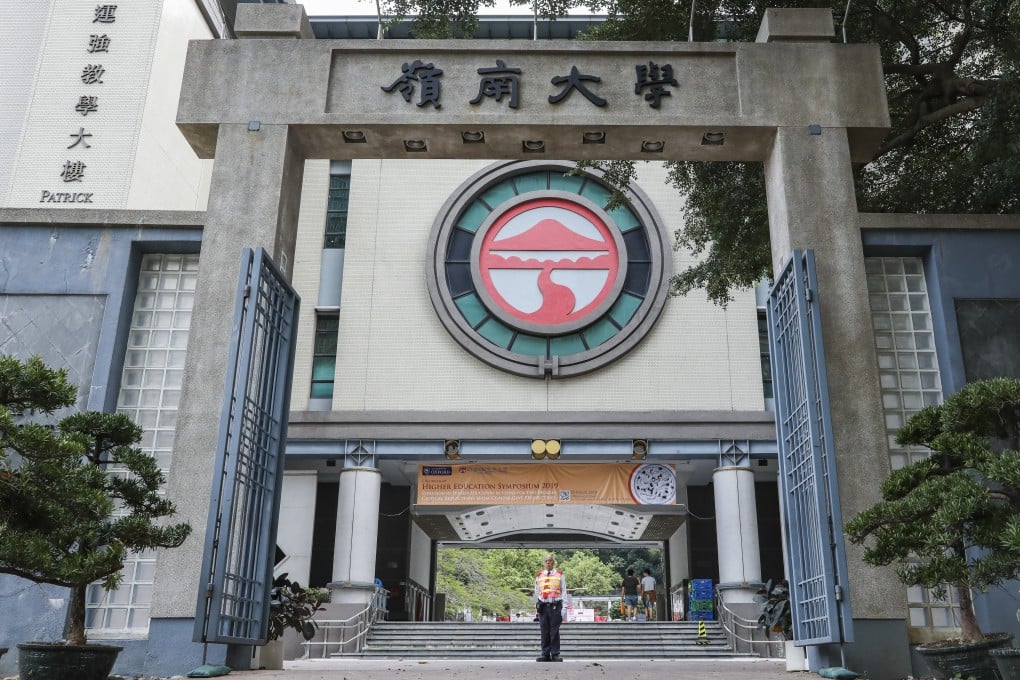Fifth Hong Kong university student union facing uncertain future, as school says it will no longer collect membership fees
- Lingnan University issues statement on Thursday saying student-led organisation should take responsibility for its own money
- Union calls reasons for doing so ‘far-fetched and absurd’ and fears move will lead to drop in numbers

The future of a fifth Hong Kong university student union was under threat on Thursday, after the institution it is associated with said it would stop collecting fees on its behalf.
Lingnan University previously collected HK$133 (US$17.12) per student as membership dues for the union as part of tuition payments taken at the start of the academic year. The nature of the billing made the union fees compulsory.
However, the university said following complaints from students, parents, and members of the public, it would stop the practice, and insist the organisation take responsibility for doing so.
In a statement, Lingnan said that as the union was considered to be an independent body under the city’s Societies Ordinance, “the university deems it more appropriate that the Lingnan University Student Union (LUSU) collects membership fees and manages their money on their own”.

The union called the school’s reasoning “far-fetched and absurd”, and pointed out it had been collecting membership fees for years.